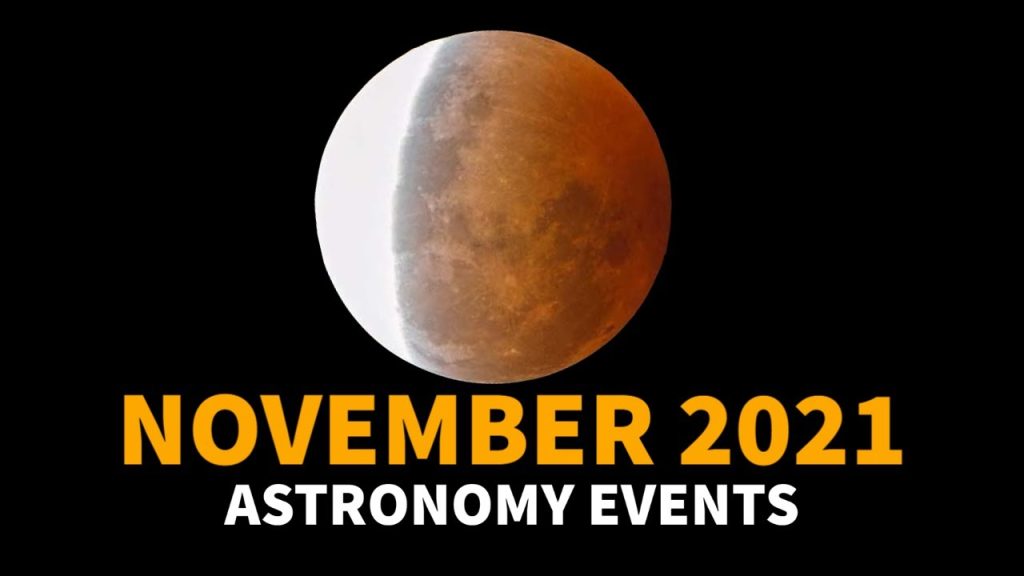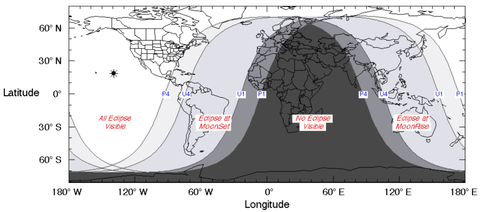
November brings some great astronomy events to talk about.
The Beaver Moon’s month will be highlighted by two meteor showers – the Taurids and Leonids – and a lunar eclipse.
Taurid meteor shower
The Taurids – space debris left behind by Comet 2P/Encke – will getting things started on the night of November 11th.
This meteor shower produces about six meteor per hour, on average and is known for sometimes producing vibrant meteors known as fireballs.
So if you are an avid astronomy fan, and if everything else (the weather and the amount of moonlight) cooperates, it is worth showing.
Leonid meteor shower
Next up this month are the Leonids. This year’s peak comes on the night of November 16th into the predawn hours of November 17th.
The Leonids produce 10-20 shooting stars every hour, on average, during their peak. The issue with this year is the moon will be just about full, thus washing out many of the meteors. This likely reduces that 10-20 per hour number to 5-10.
The Leonids are known for producing some brighter meteors and meteors with great trains/tails. Sometimes, the Leonids produce meteor storms!
Partial lunar eclipse
The next astronomical event to mark down on your November calendars arrives on the night of November 18th into the predawn hours of November 19th.

This is when the partial lunar eclipse will occur. This will be a great event for Alabama because we will get to see the entirety of it.
The event will begin with the penumbral eclipse starting just after midnight. The partial eclipse – and part of the event you’ll want to see – begins at 1:18am. This is when the moon will take on a reddish color. The eclipse will be at its maximum at 3:02am and will lose its reddish color by 4:47am. The entire event will conclude at 6:03am in Central Alabama.
Partial lunar eclipses like this only happen when the sun, earth and moon are very closely aligned on the night of a full moon. The moon passes behind Earth, thus placing it in our planet’s shadow. If the moon is 100% in Earth’s shadow it’s referred to as a total lunar eclipse. If that’s not the case we have a partial lunar eclipse on our hands.
If you want to know more about this lunar eclipse, what time it will peak in your neighborhood and more general information, feel free to click here. [WSFA]
The below video summarizes the most important astronomical events in November 2021:
And the stars will be falling from heaven, and the powers in the heavens will be shaken.
Now subscribe to this blog to get more amazing news curated just for you right in your inbox on a daily basis (here an example of our new newsletter).
You can also follow us on Facebook and/ or Twitter. And, by the way you can also make a donation through Paypal. Thank you!
You should really subscribe to QFiles. You will get very interesting information about strange events around the world.













Well, I get clouded over alot on meteor showers. Last time, I was sitting outside like a dummy looking around.
Maybe will have some luck, and see a bolide like 5 years ago?